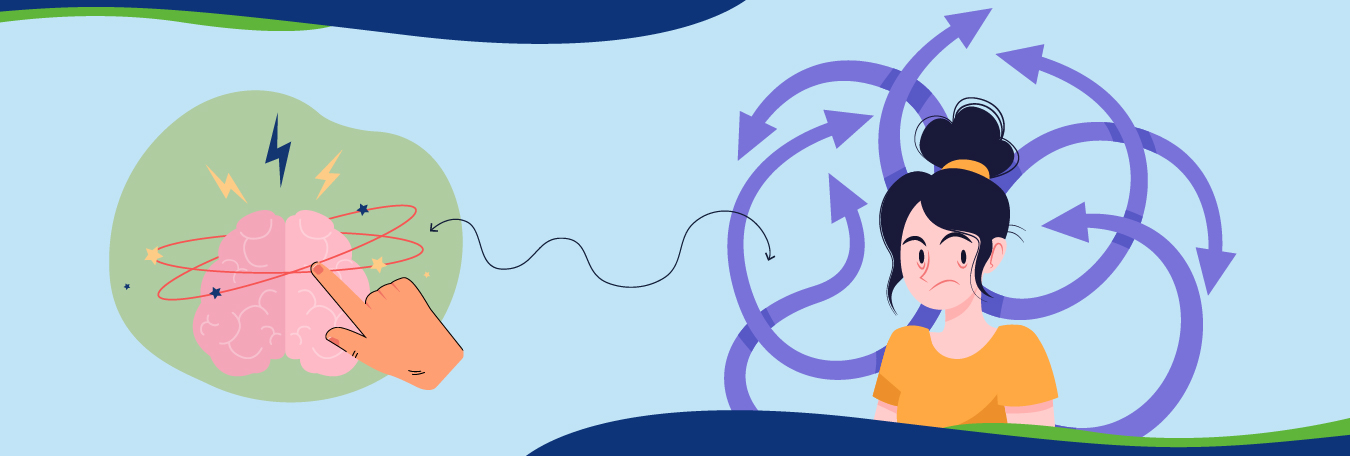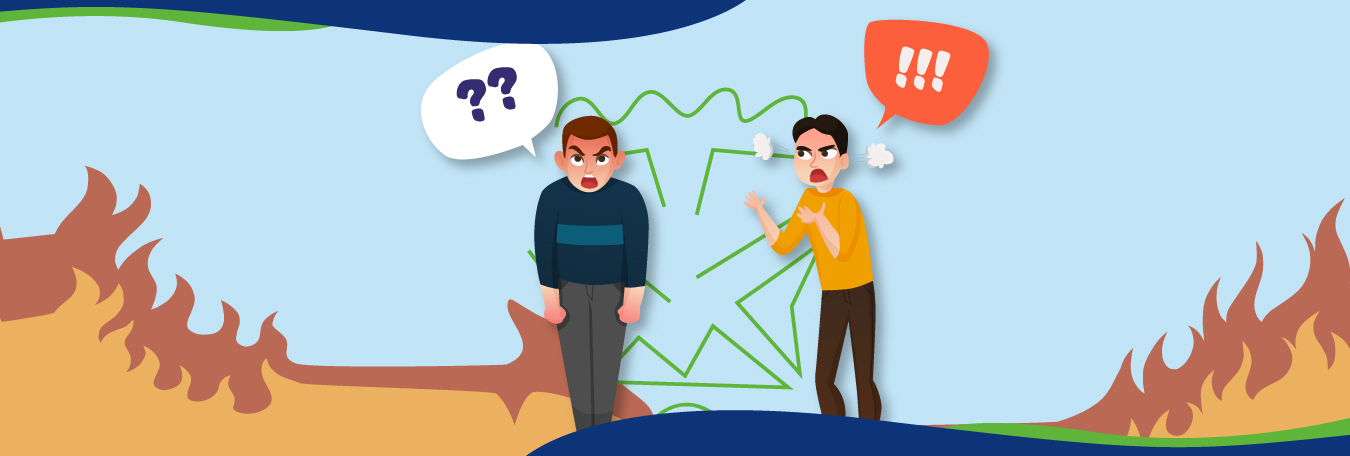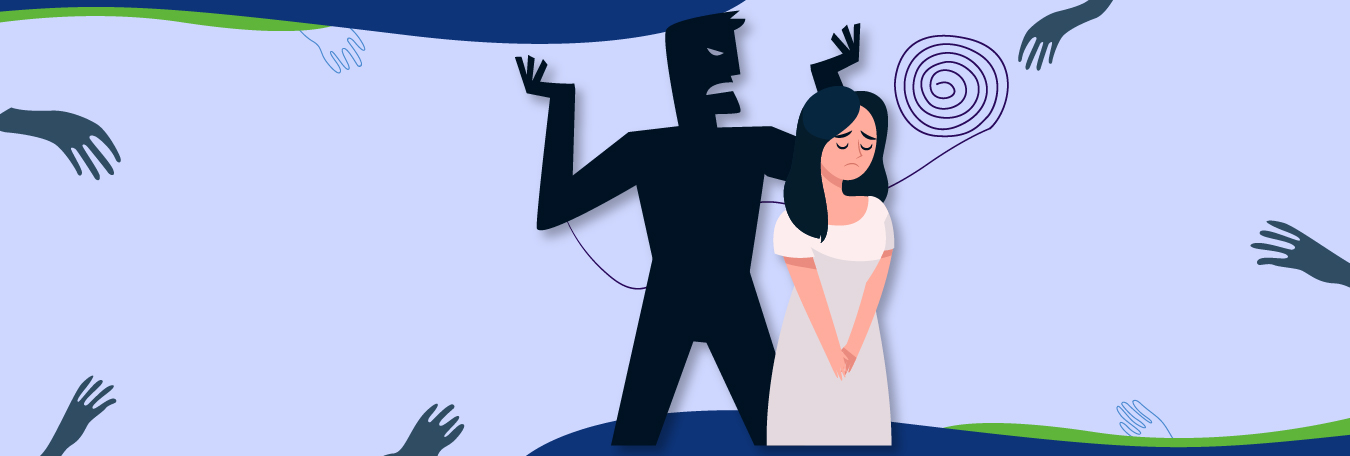Bipolar with psychotic features exist and that is precisely the reason, we should be talking about it. While psychotic features are not harmful, these are extremely debilitating in terms of symptoms. It is because bipolar psychosis may be an uncommon symptom, but surely is a symptom that makes the affected individual lose touch with reality. We’ll tell you why that is the case.
What is Bipolar Disorder With Psychotic Features?
Previously called manic depressive disorder, bipolar disorder is a mood disorder that is defined by extreme changes in mood on the opposite side of the spectrum. One episode might be manic, which is characterized by excessive happiness, energy, and hyperactivity, the other will be the depressive episode, which is characterized by sudden outbursts of sadness, depression, and disinterest in anything. There are many symptoms of this bipolar disorder and so many of them relate to the different episodes of this mental condition and the different types of bipolar that are there (do note that these are not bipolar psychosis symptoms):
Bipolar I
There are manic “up” episodes that can last at least a week or are so severe that you need medical care, in addition to the usually extreme “down” periods that last at least 2 weeks.
Bipolar II
There is at least one major depressive episode and at least one hypomanic (manic with lesser intensity) episode, but mania is noticeably absent.
Read More: Bipolar Disorder: Symptoms, causes, and identifying online bipolar treatment
Cyclothymic disorder
There are episodes of manic and depressive behavior with intervals that last at least 2 years in adults or 1 year in children and teens. The symptoms aren’t as intense as bipolar disorder I or bipolar disorder II but are still debilitating enough.
In addition to these types, there can be many unspecified or unidentified bipolar disorder types that do not fall under either of the types just described above.
Psychosis
Before we discuss bipolar disorder with psychotic features, we also need to discuss psychosis. It is essentially a higher-order symptom of different types of mental conditions, predominantly seen in schizophrenia and schizoaffective disorders, meaning it is a frequent and one of the first symptoms to come in different types of mental conditions. It is referred to as having a psychotic break from reality and that means there is essentially a break from reality. An affected individual suffers from hallucinations (seeing, hearing, feeling things that are not there) and delusions (grandiose beliefs and fascinations)(1).

Psychosis is a symptom that people with various mental health disorders can experience, including those with bipolar disorder. Psychosis exists on a spectrum and can include paranoia in addition to delusions and hallucinations. Around half of people with bipolar disorder will experience psychosis symptoms at some point in their life. So, Is bipolar a psychotic disorder? Let’s find out!
Bipolar Disorder With Psychotic Features
Psychosis in bipolar disorder is characterized by delusions, hallucinations, and/or paranoia(2). Affected individuals and experts refer to this as a psychotic break from reality(3), in bipolar disorder, this is coupled with the identifiable symptoms of bipolar disorder. These are usually(3):
- Problems in cognitive processes
- Suspiciousness with everyone and extreme paranoia
- Social avoidance and social anxiety
- No self-care and bad hygiene
- Worsening sleep patterns
- Either highly intense feelings or no feelings at all
- Issues in communication and disorganized thoughts
There is no such thing as a bipolar psychotic episode as there are only two types of episodes in bipolar, but in these episodes, there are psychotic symptoms, predominantly seen in bipolar I(2) and that means bipolar psychosis is most often seen in manic episodes(2).
Bipolar Psychosis Examples
The disconnection with reality is often seen as an example of the affected individuals’ lives and it is reflected in their behavior. For example, they may complain that someone is keeping tabs on them for the grandiose of reasons. In addition to this, they are also expected to behave in unexpected ways, like when they are going through a depressive episode they are bound to have suicidal thoughts.
Read More: Psychosis: Causes, Diagnosis, Symptoms and Treatment
Risk Factors Involving Bipolar Psychosis
The risk factors associated with bipolar and psychosis are not fully known but experts do believe that a combination of different risk factors can increase the chances of affected individuals having bipolar psychosis. These can include:
Genetics
Family history can fast-track your chances of having bipolar with psychotic features.
Environment factors
Environmental factors such as the trauma of seeing someone die tend to exacerbate the bipolar psychosis symptoms.
Hormonal imbalance
Psychosis may also be influenced by hormonal shifts, such as during puberty or during any stage of the perinatal period.
Substance Abuse
Some research suggests that people with substance abuse are bound to suffer from bipolar psychosis(5).
Treatment of Bipolar disorder with Psychotic Features
There are medications to treat when someone begins to have psychotic features, they may need additional medication and different therapy approaches on top of that. The Medications used to treat psychosis are called antipsychotics(4). One should consult with an expert to find out which type of antipsychotic medicine is best for you or the person you are reading the blog for. Therapy such as psychotherapy or its different kinds such as the one called cognitive behavioral therapy (CBT) can be used for treating bipolar psychosis.
Read More: Bipolar disorder in adults: Symptoms, Causes and Treatment
Conclusion
You must have a great idea about bipolar disorder with psychotic features as we presented everything we could about bipolar psychosis. If it is the treatment that you are looking for, we at Inland Empire Behavioral Group can help you with that. We treat things like Bipolar, Depression, or Anxiety, Psychosis via treatment methods such as psychotherapy or telehealth psychiatry.




